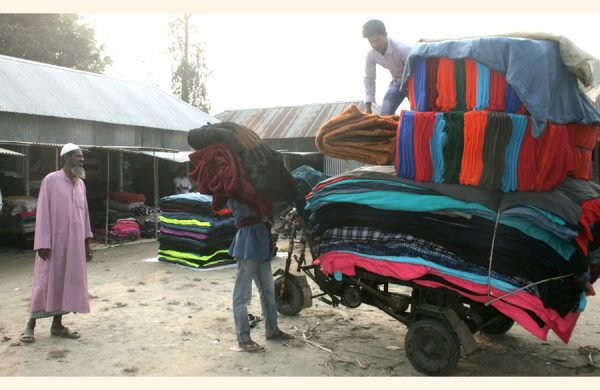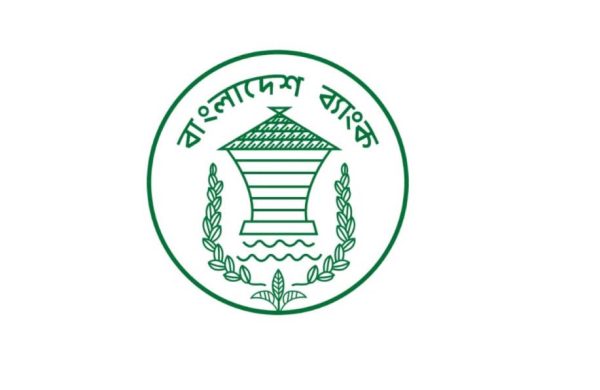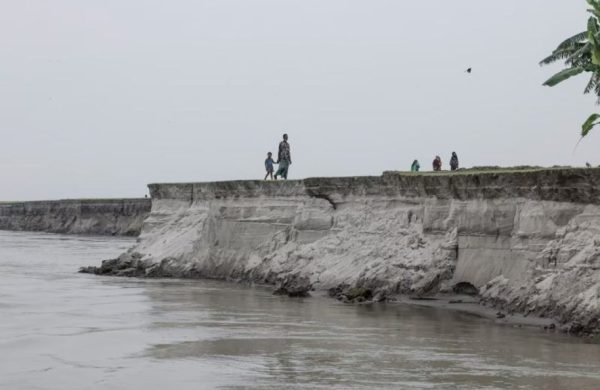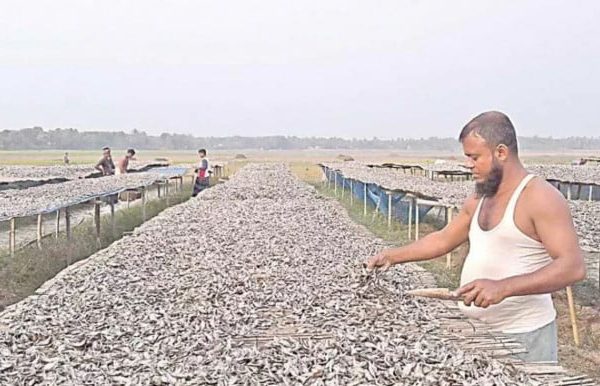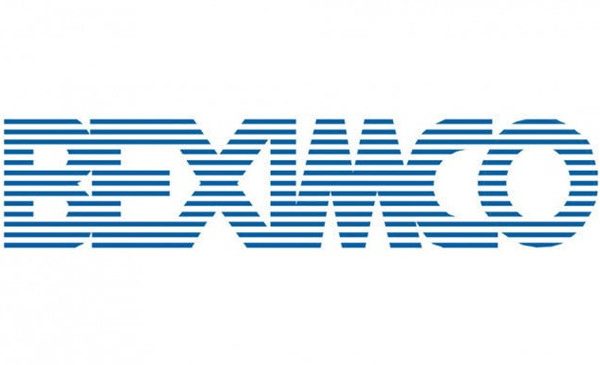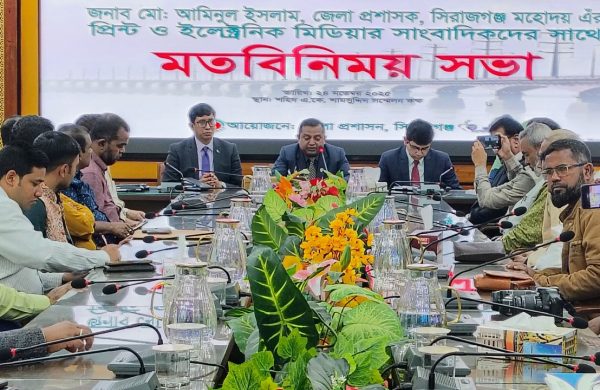Ctg-Dhaka fuel project stalls weeks after launch amid technical failures
- Update Time : Monday, November 24, 2025
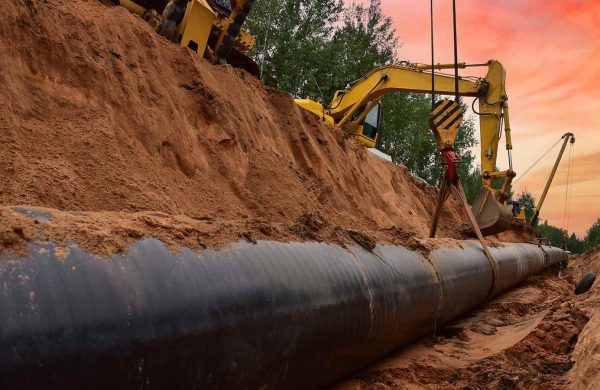
Ctg Correspondent:
Just weeks after being hailed as a milestone in Bangladesh’s energy infrastructure, the Tk 3,699 crore Chattogram-Dhaka fuel pipeline lies dormant – its promise of efficiency and savings undermined by a cascade of technical glitches, unexplained oil losses, and systemic mismanagement.
Less than a month after its official inauguration on August 16, the pipeline was effectively shut down, forcing the country back to its old, costly, and logistically strained river-based fuel transport system.
The setback is more than an operational hiccup; it is a stark illustration of the challenges Bangladesh faces in transitioning from ad-hoc logistics to modern, capital-intensive infrastructure – especially when governance, technical oversight, and accountability mechanisms falter.
A STRATEGIC VISION, DELAYED AND OVER BUDGET
Conceived in 2018, the 265-kilometre pipeline was designed to revolutionise fuel logistics in Bangladesh. With Dhaka consuming 40% of the nation’s 6.7 million tonnes of annual fuel oil – 75% of which is diesel – the reliance on river transport had long been a bottleneck.
Every month, roughly 150 barges ferry fuel from Patenga in Chattogram to depots in Godnail and Fatulla in Narayanganj, a journey vulnerable to weather, theft, delays, and high costs.
The pipeline promised a solution: a direct, secure, and efficient conduit capable of moving 2.7 million tonnes of diesel yearly.
Projected to save Tk 236 crore annually after accounting for operation and maintenance costs, it was expected to recoup its investment within 16 years while reducing carbon emissions and road congestion.
Yet the project’s path was troubled from the start.
Originally budgeted at Tk 2,861 crore and scheduled for completion by December 2020, construction only began in 2020 due to bureaucratic delays. Subsequent extensions pushed the first phase to December 2022 and the second to December 2024.
Despite these setbacks, the government rushed to inaugurate the pipeline in August 2025 – perhaps for political optics – before it was fully stabilised.
THE SHORTFALL THAT SHUT IT DOWN
The first major red flag emerged during trial runs in late August. Jamuna Oil Company, a state-owned enterprise tasked with operations, transported 2,53,08,063 litres of diesel from Chattogram to depots in Cumilla and Fatulla. But 3,75,368 litres – equivalent to more than 200 standard fuel tankers – failed to arrive.
Of this:
- 2,62,804 litres were acknowledged as “packing oil” – residual fuel remaining in the pipeline after shutdown, a normal occurrence in pipeline operations.
- 1,12,564 litres, however, vanished without explanation.
The discrepancy ignited immediate alarm. Media reports triggered internal reviews, and within days, multiple investigation bodies were scrambled – each with overlapping mandates but distinct focuses.
Four committees, one unresolved mystery
- Technical Calibration Panel (September 28)
Led by Jamuna Oil’s DGM (E&D) Md Alamgir Alam, this six-member team recalibrated storage tanks 22 and 23 at Fatulla. Their findings, shared with journalists by committee member Rony Ahmed of BPC, revealed “significant deviations” in the original calibration – raising questions about measurement accuracy from the outset.
- Jamuna Oil Internal Probe (September 30)
A three-member team chaired by DGM (Finance) Mohammad Jobayer Chowdhury concluded that a 7,771-litre shortfall at Fatulla was due to faulty tank calibration. In a rare admission, General Manager (HR) Md Masudul Haque stated: “The calibrators should be punished.” Their report, delayed by nearly three weeks, pointed to human error—but not on the scale of the total loss.
- BPC Investigation Committee (October 2)
Headed by BPC’s General Manager (Distribution and Marketing), this body was given 10 working days to report. As of late November, it remains silent—fueling speculation about institutional reluctance to assign blame.
- Ministry-Level Expert Panel (October 6)
Convened by Additional Secretary Md Abdul Mannan and including a BUET chemical engineering professor, this committee represents the most technically robust inquiry. “We have observed the entire matter in detail,” Mannan told reporters, but no findings have been made public.
TECHNICAL OR CRIMINAL? THE OIL THAT DIDN’T DISAPPEAR
BPC officials insist the missing diesel likely wasn’t stolen. Dr AKM Azadur Rahman, Director (Operations and Planning), offered a nuanced explanation: “In large pipeline systems, volume discrepancies are common due to temperature, pressure, density, and instrument calibration. Hot fuel expands; cold fuel contracts. If tanks are exposed to sun, expansion can cause level readings to dip even when volume is correct.”
He stressed that the pipeline has no unauthorised bypasses and is monitored by a SCADA (Supervisory Control and Data Acquisition) system. “Unless someone physically tapped the line – which would leave evidence – the oil must still be accounted for in the system,” he said.
Nonetheless, the possibility of deliberate manipulation remains open. As one industry insider noted: “If calibration certificates were falsified or ignored, that’s not just error – it’s negligence, possibly collusion.”
ECONOMIC REPERCUSSIONS AND PUBLIC TRUST
The pipeline’s failure has immediate financial consequences. River transport costs are 15-20% higher than pipeline operations, according to BPC estimates. With diesel prices already under pressure from global markets, the added logistics burden could trickle down to consumers or strain the national subsidy budget.
More damaging, however, is the erosion of confidence in state-led mega-projects. Coming on the heels of other infrastructure delays – from power plants to metro rail segments – the pipeline fiasco raises urgent questions about:
- The rigour of pre-commissioning testing,
- The independence of technical oversight bodies,
- And the culture of accountability in public enterprises.
WHAT’S NEXT? A NOVEMBER RESTART – BUT AT WHAT COST?
Officials now say the pipeline could resume operations in the last week of November, pending final SCADA adjustments. Engineers report the Patenga end has been stabilised; work continues on the Dhaka side.
Concurrently, BPC is finalising the handover process from contractors, aiming for full operational control by 30 November. Once live, the system will undergo rigorous monitoring, with real-time flowmeters and temperature-compensated volume calculations to prevent past errors.
Yet even if technical issues are resolved, restoring credibility will take longer. As Dr. Azadur Rahman conceded: “Nothing can be said definitively until the investigation reports are complete. But we must learn from this.”
A TEST FOR BANGLADESH’S ENERGY FUTURE
The Chattogram-Dhaka pipeline remains a vital piece of national infrastructure – one that, if properly managed, could serve Bangladesh for decades. Its current troubles are not insurmountable, but they underscore a hard truth: building big is not enough; operating well is what matters.
For a country striving to graduate from Least Developed Country (LDC) status and attract foreign investment in energy and logistics, the ability to execute and sustain complex infrastructure is a litmus test. The fate of this pipeline may well signal whether Bangladesh is ready for that future – or still mired in the inefficiencies of the past.


